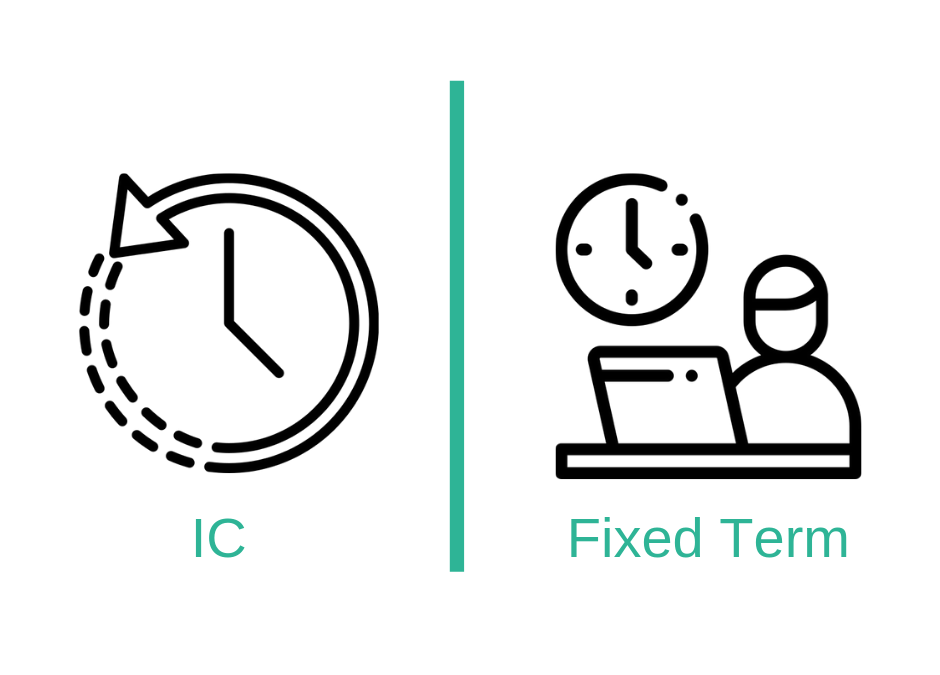
Fixed Term vs Independent Contractors
Fixed term V.S Independent Contractors
Are your contractors correctly classified, and do you know your rights as either fixed term or independent contractor? According to The South African Labour Guide many employers use the “Fixed term contractor“ term loosely to purely deny employees benefits afforded to permanent staff.
A fixed term contractor is defined as any person, excluding an independent contractor, who works for another person or for government and who receives, or is entitled to receive, any remuneration, and any other person who in any manner assists in carrying or conducting the business of an employer on contract basis that has a fixed end date.
An independent contractor is hired on base of performing a service under a specified time frame. After the service is done the contract is terminated. Independent contractors are registered provisional tax payers who run their own business, hence they can carry out services for more than one employer. As an employer and you have employed independent or fixed term contractors you need to know if they will pass the scrutiny of a SARS or DOL audit. Most employers choose to choose to label all their contractors independent” contractors when in reality this is not true in many cases.
Here are a few differences between the two contractors:
| Independent Contractor | Fixed Term Contractor |
| – Works own hours | – Hours are controlled or directed by another person/ employer |
| – Is free to carry out work for more than one employer | – Becomes part of the organisation they are working for |
| – Contract ends when specific project is finished, and contract cannot be rolled-over/ renewed | – Contract ends on a specific date or at the end of a specified project and contract can be rolled over/ renewed |
| – Will not be subject to usual “employment” matters such as the deduction of PAYE or UIF from his invoice, will not receive a car allowance, annual leave, sick leave, 13th Cheque and so on. | – The person is economically dependent on the other person for whom that person works or renders services |
According to SARS Interpretation Note 17 Issue 5, anyone who renders service at a client’s premises and there is present control or supervision does not pay employee tax. So, questions that you need answered before assuming a label are:
- Are you a service provider that can work for more than one employer?
- Do you control your own hours, or the employer determines your working hours?
- Do you use your own tools or those of the employer?
SARS is clamping down on employers who are deliberately misclassifying contractors to avoid paying PAYE for them, as well as rolling over fixed contracts.
Tags In
Related Posts
Leave a Reply Cancel reply
Search
Categories
- Blog (16)
- Client (1)
- Companies (2)
- Company (1)
- Consultant (1)
- Engineering (2)
- Features (3)
- Finance (3)
- ICT (2)
- Industry Leaders (2)
- Industry News (6)
- Media (5)
- News (6)
- Professional (2)




